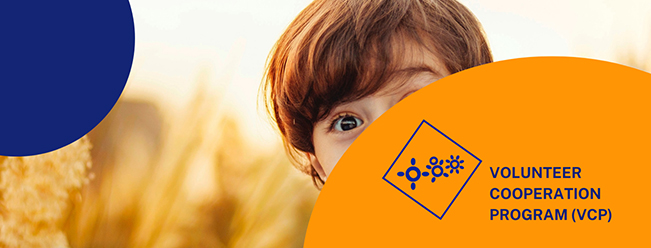
Despite the Convention on the Rights of the Child, which states that the deprivation of liberty of children should be avoided as much as possible as it violates their most fundamental rights, more than 7 million children are still deprived of their liberty around the world (2019). In order to develop practices that are more sensitive to the rights, needs and particularities of children deprived of their liberty, the IBCR has been working over the last few months on the creation of a core competency reference framework for personnel working with children deprived of their liberty, which was officially launched on Thursday 18 March at an online event.
What are the key competencies that those working with children deprived of their liberty need to master in order to ensure optimal protection and respect for their rights?
The International Bureau for Children’s Rights worked on this issue in October 2020 with over 70 experts from around the world in a series of workshops. These workshops resulted in the development of a toolkit that firstly defines deprivation of liberty and the personnel involved, as well as the key competencies needed for those who are in daily contact with children in various contexts of deprivation of liberty.
The official launch of the repository on 18 March 2021 took place in three separate events: one in French, one in English and one in Spanish. More than a hundred people attended and benefited, among others, from the participation of 10 collaborators in this project:
- Najat Maalla M’jid, Special Representative of the UN Secretary General on Violence against Children
- Benoît Van Keirsbilck, Defence for Children International and member of the Committee on the Rights of the Child
- Anna Giudice, United Nations Office on Drugs and Crime (UNODC)
- Daniela Baro, Child Protection, UNICEF Regional Bureau for Central and West Africa
- Cédric Foussard, Terre des Hommes
- Delphine Couveinhes Matsumoto, Organisation internationale de la Francophonie
- Guillaume Landry, Director general of the International Bureau for Children’s Rights (IBCR)
- Cathy Launay-Alcala, Director of Operations and Programmes, International Bureau for Children’s Right (IBCR)
- Martin Causin, head of the Burkina Faso project, International Bureau for Children’s Right (IBCR)
- Luis Pedernera, Chair of the Committee on the Rights of the Child
Discussions focused on the issue of deprivation of liberty of children worldwide, the key competencies approach, the work of the IBCR on the subject, as well as the impact of such a tool on the training of professionals working with children in the era of the COVID-19.
In particular, the guide presents 8 core competencies considered essential for staff working with children deprived of their liberty:
- Being familiar with and applying national and international laws and standards relating to child
deprivation of liberty - Tailoring interventions to uphold the rights and reflect the trajectory of each child deprived of
liberty - Creating an environment that is conducive to effective communication and interactions with children
- Protecting and safeguarding children deprived of liberty and reducing the risk of harm
- Adapting applicable tools, procedures and systems to the needs of each child deprived of liberty
- Promoting and facilitating child reintegration and rehabilitation in each intervention
- Collaborating with all formal and informal actors, including institutional workers, family members and community representatives, to ensure that interventions are effectively coordinated
- Being familiar with and adhering to the code of conduct applicable to personnel working with children deprived of liberty
We invite you to disseminate these guidelines, make them your own and share them in your networks and events. If the International Bureau for Children’s Rights can be useful in detailing them in your future actions, do not hesitate to contact us.
We would particularly like to thank the Organisation internationale de la francophonie and the Ministère des Relations internationales et de la Francophonie du Québec for their technical and financial support, as well as all the partner institutions and organisations that participated in the various stages of the process. This project would not have been possible without their participation and support
To (re)watch some of the speeches and presentations at the launch:
A few words from the International Organisation of the Francophonie
Speech by Najat Maalla M’jid, Special Representative of the UN Secretary General on Violence against Children
Uses and changes: Why is it important to identify the key competences of a sector?
Testimonies: voices of children deprived of their liberty and challenges in the practice of practitioners
8 key competencies for staff working with children deprived of their liberty



